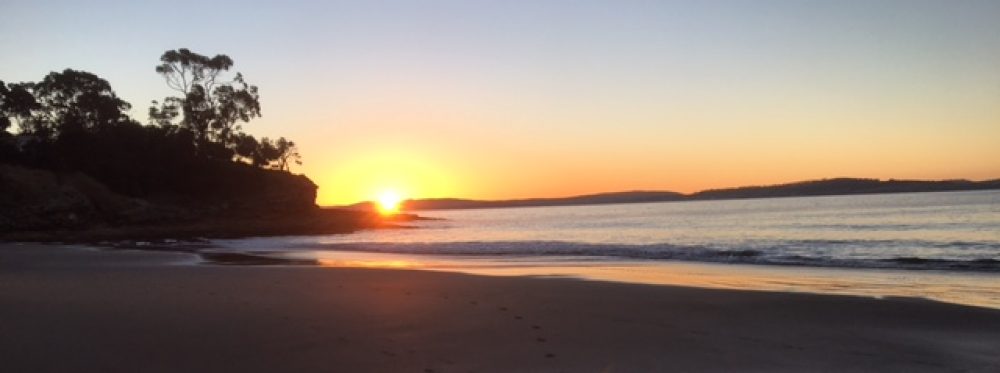 In the early months after the collapse of my marriage, I felt disconnected from all those people I had previously known.
In the early months after the collapse of my marriage, I felt disconnected from all those people I had previously known.
Then I read about Maslow’s hierarchy of needs. Some parts of his theory made a lot of sense, that our needs develop one step at a time, beginning with basics (food, warmth, shelter); then stability (safety, routine); before moving to higher needs … connections with people, self-esteem, and self-actualization. I am not an expert in psychology but I do know that after a crisis working ‘up the scale’ had always been a powerful tool of recovery for me, (with an understanding that after divorce the “crisis” may last several years with no end-point to the requirement for stability and a feeling of protection!) …
HOWEVER …
What I didn’t and don’t understand about this theory is how “connections” appear in the middle layer, something to move up to. Whenever I have faced a crisis of any kind, I have always felt that I have needed people as much as, if not even more than, when feeling ‘normal’. This has been especially true after a separation such as a death or my divorce because it was the loss of that connection (due to the loss of that person who has died or left, or loss of associations with that person) that was at the very root of the crisis in the first place.
After and during my divorce process, there were losses of many connections or sense of connection for me.
- My partner, companion and confidante.
- My nuclear family.
- My extended husband’s extended family.
- The circle of friends that had been ‘ours’.
- The community groups that we had jointly belonged to.
- The loss of sharing management of the business.
- In selling the business, the loss of belonging to my work ‘tribe’.
- In selling the business, there was also a sense of loss of me contributing to society. Many people going through retirement experience this same sense of loss.
- Feeling disconnected from others, who have not faced the same financial pressures
- On retirement, feeling disconnected from friends and family of the same age who can now move into their next phase of life together.
Some of these ‘disconnections’ happened immediately, while others dissolved further on in the separation process. In some the connection remained but with a need to redevelop that connection in new ways, such as redefining the concept of ‘family’. So a year ago at the ending of the marital settlement, four years after separation, everyone said ‘now it is all over for you’, whereas in reality the changes to my life had only just begun. For the first time in my life I was truly alone – practically, financially, legally, emotionally, and socially.
Yet, throughout all this separation process, I have moved up and on. I believe this was what was happening to me. While I did move up a hierarchy of needs after my crisis, concurrently with that, I also moved up a hierarchy of a need for people. This moved from needing comfort from them, to standing alone, meeting them as equals, to giving back.
This is my hierarchy of needs for people –
- Protection. In the beginning I needed people to comfort me, protect me, advise me.
- Aloneness. I then had to reconnect with myself. This was important, to stand alone.
- Partnerships. I formed deep connections with close friends and family, one on one. They were initially replacement confidantes and support – for that lost marital ‘partnership’. In time, those people began to lean on me for my support of them. I became strong for them in their own hours of need.
- Herds. I have formed like-minded groups of small numbers of people. I re-formed my connections with my nuclear family, my siblings, work colleagues and small groups of close friends. These groups have become mutually beneficial to us all. I have both received and contributed as friend, sister, mother, daughter, grandmother.
- Tribe. I have reconnected with my large extended family of cousins, aunts, uncles, nieces, nephews. I have formed connections in my blogging world. I belong.
Three levels of hierarchy that I previously had that are still lost and yet remain as a burning need within me. These are a contribution to –
- Community.
- Society.
- Global needs
This has become my new sense of purpose and goals – to use my voice on speaking out for a world of peace, a safe environment for future generations and universal health for all.
_______________________________________________________________________
ImageCourtesy[jscreationzs]/FreeDigitalPhotos.net





